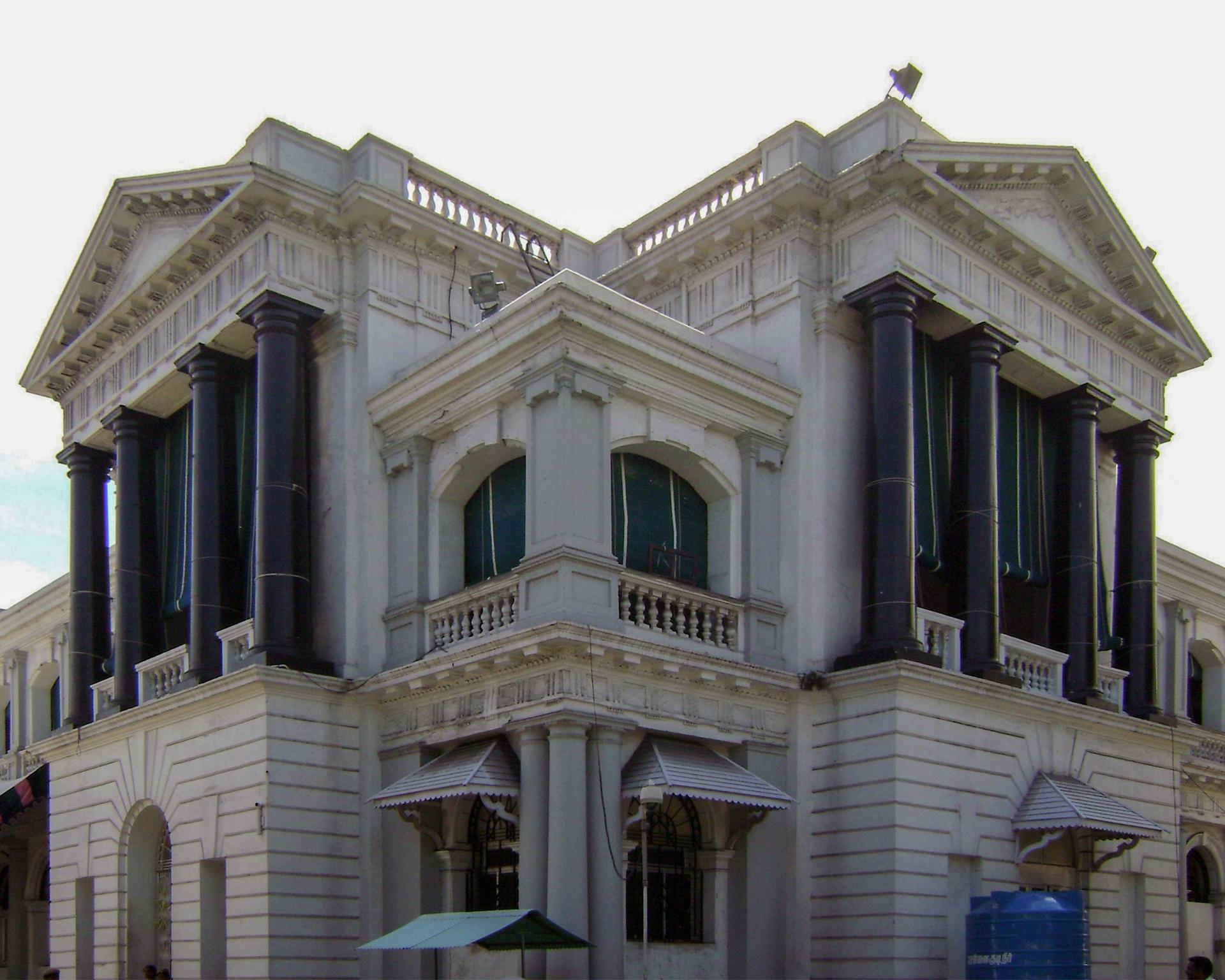MUMBAI, India – Dalit Catholics of the Kottapalayam village in the Kumbakonam Diocese of the India state of Tamil Nadu organised a hunger strike near the district collector’s office on July 21, alleging that they were subjected to “casteist” slurs and discrimination.
The demonstrators also alleged that they were barred from participating in a festival at the St. Mary Magdalene Church the Tamil Nadu town of Trichy, which comes under the Diocese of Kumbakonam.
The term “Dalit” refers to the “untouchables” under India’s ancient caste system, meaning people considered unclean and therefore traditionally ostracized. Although caste distinctions were officially abolished by the Indian constitution in 1949, they remain strong in popular culture and the Dalits have traditionally been among India’s most impoverished communities.
A disproportionate share of India’s Christian population is found among the Dalits as well as the “tribals,” meaning members of the country’s indigenous persons traditionally considered outside the caste system and victims of discrimination arguably even more intense than the Dalits.
They also often face unfair treatment from Catholics who come from “higher castes” – which is a cultural reality facing people of all religions in India.
The New Indian Express (TNIE) reported that over 20 Dalit Catholics families hoisted black flags in their homes and boycotted the final day of the church’s 12-day annual festival which began on July 14. On Monday, a section of them sat on a hunger strike near the collectorate and submitted a petition during the weekly grievances meeting demanding equal rights in church administration and rituals
On July 22, Bishop Jeevanandam Amalanathan of Kumbakonam boycotted the annual chariot procession, citing the ongoing caste tensions and the diocese’s alleged inability to resolve the matter, reported TNIE.
When officials tried to hold a mediation meeting locally, Dalit representatives insisted that either the bishop or a senior diocesan official must be present.
“This is not simply Dalits representatives insisted that either the bishop or a senior diocesan official must be present. This is not simply Dalits versus non-Dalits issue. The church administration is part of the discrimination,” said J. Doss Prakash, a Dalit Christian parishioner, when speaking to TNIE.
“The festival committee is entirely controlled by non-Dalits. We are denied basic rights like paying subscription or take part in the planning. Even after decades, not even a small chariot enters our streets.” he added.
“The faithful celebrate the Parochial Feast every year,” Amalanathan told Crux.
“The liturgical and communitarian celebrations which happens inside the Church is the responsibility of the parish priest. Inside the Church there is no discrimination. The Dalits actively participate in the opening and welcome rituals, participate in the choir, they are lectors and xantors, do the prayers, collections, and other things,” the bishop said.
However, in the public and outside celebrations, the non-Dalits do not allow the Dalits to participate. They allow them to participate in chariot processions but don’t involve them in the administration and don’t collect subscriptions money from them.
“We have told them that it is not right and that they should collect money and involve everybody and it should be recorded properly and spent for the common purpose,” the bishop said.
“They are not ready for this. I have tried to dialogue with them separately. They seem adamant and want to continue the traditions. I told them that I do not approve. I was not willing to go for their celebrations. We will continue our dialogue process to impress upon them that all should be treated equally,” he said.
“The issue has also been filed by the Dalits in the Supreme Court. We will give our response to the Court. I have said that I will stand for what is right. The Church does not stand for discrimination of any kind. All should be treated equally. However, we are not able to enforce this, as it is outside the Church,” Amalanathan told Crux.
Father Z. Devasagaya Raj, the former national secretary of the CBCI Office for Dalits and Backward Classes said the practice of discrimination and “untouchability” has been carried into the Christianity in India from the secular society which has the root in Hindu religion.
“Untouchability has been abolished by law by article 17 of the Indian constitution. But it is carried on in many places of worship. Today there is a judgement by the Madras High Court that the disputed Hindu car procession should go through the streets of the Dalits in Perambalur district in Veppanthattai village Maariamman temple festival,” he told Crux.
“The 10 points program of the Tamil Nadu bishops’ council 1990 clearly says that there should not be any discrimination in the places of worship and the burial grounds. Later on, it was asserted by the Integral development plan of the Dalits by the Tamil Nadu Bishops’ council in 2004 and the Dalit Empowerment policy of the CBCI in 2016,” the priest explained.
“Discrimination and untouchability in not only against Christian spirit but against Indian law. Sometimes the powers of the caste people are such that even the leaders of the church are not able to take decision since the Church’s leadership is mostly with the caste people,” Raj told Crux.
“So far, the Dalit Christians have been pleading the Church leaders to do away with discrimination but now they are beginning to access the court of law hoping that it will do justice to them,” the priest said.













